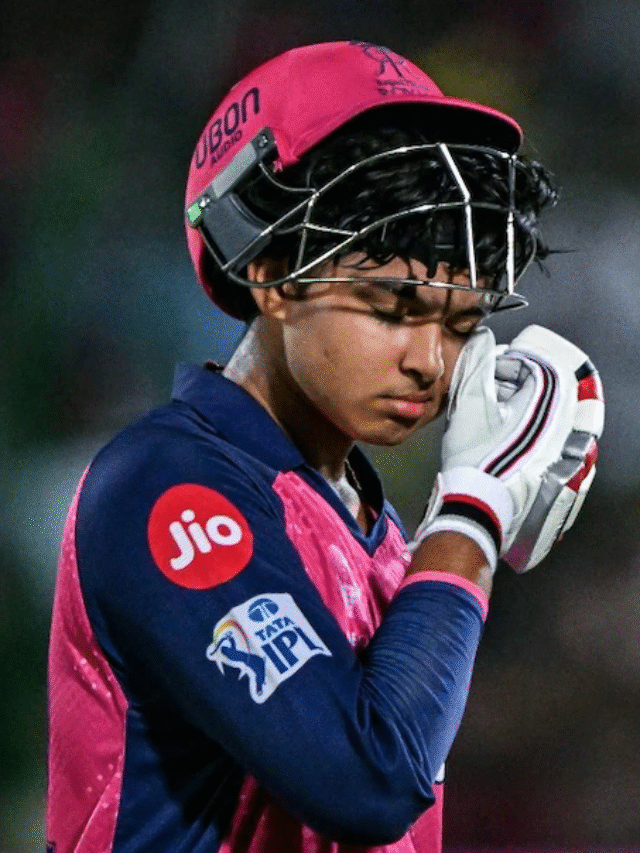What is MWPA?
The MWPA is a legal provision that ensures the life insurance payout goes only to the wife and/or children of the policyholder — even if there are outstanding loans, legal claims, or disputes after the policyholder’s death.
“In case of death of the life assured with a policy under MWPA, the wife or children, whoever is the beneficiary, will be the only ones who will have access to the claim amount,” said Varun Agarwal, Head of Term Insurance at Policybazaar.
That means if the policyholder has debts, the creditors cannot touch the insurance proceeds.
Sarita Joshi, Head of Health and Life Insurance at Probus, explains it further: “Since these policies are taken under the Act, the proceeds cannot be claimed by the creditors, even if the policyholder gets insolvent. The benefits are treated as a trust. Insurance companies pay the sum assured directly to the beneficiaries.”
Who can benefit under MWPA?
The beneficiaries can only be the policyholder’s wife, children, or both. That includes legitimate children and, in some cases, adopted children.
“You can’t name parents, siblings, or any other family member,” Joshi added.
Even divorced or widowed men can use the MWPA clause to protect their children’s future.
“The Act allows for this even without a spouse involved,” said Agarwal.
Is MWPA only for term plans?
MWPA can be applied to any life insurance policy — whether it’s a term plan, endowment plan, or ULIP.
“As long as the policy is a life insurance contract and the MWPA clause is added at the time of purchase, the protection remains intact regardless of the policy type,” Agarwal noted.
Joshi echoed this: “The MWPA Act is valid for several life insurance products such as endowment plans, term plans, and ULIPs.”
When should you add MWPA?
Here’s the key detail — you can add the MWPA clause only at the time of buying the policy. You cannot add it later.
“MWPA can only be opted at the time of policy purchase; there can be no changes in beneficiaries once the policy is issued. The policy is considered as trust; hence, no changes can be made post-issuance,” Agarwal clarified.
Joshi explained the legal reason: “This limitation is due to the fact that the Act creates an irrevocable trust at the time the policy is issued. Later additions or changes would result in an alteration of the policy’s legal framework, which is not permissible.”
Why MWPA matters
In today’s uncertain world, the MWPA clause provides certainty that your life insurance payout will serve the intended purpose — protecting your spouse and children.
Think of it as a lockbox for your family — safe from creditors, business liabilities, or disputes in your estate.
It’s a simple tick at the time of purchase, but it can mean financial freedom for your family later.






